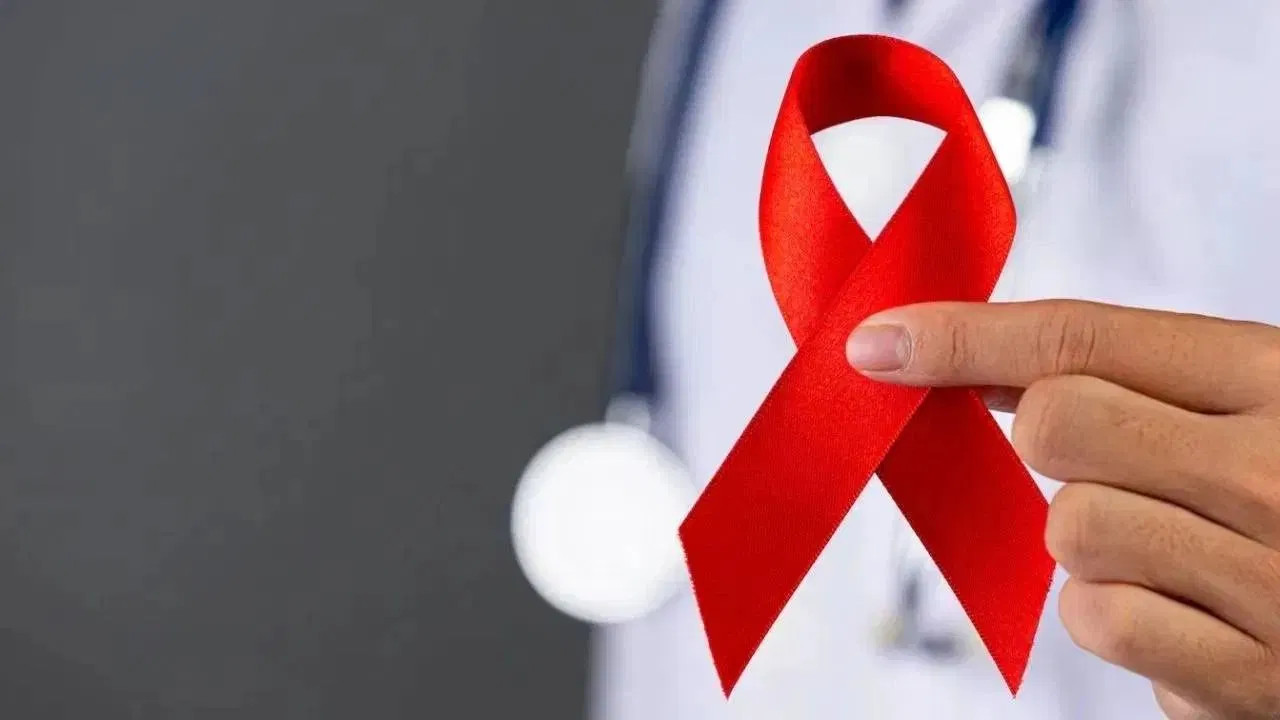
The global war against AIDS is in crisis (Social media)
World News: The global battle against HIV/AIDS has seen many milestones over the years, bringing hope to millions. However, that progress is now under threat due to the sudden withdrawal of a key international supporter—the United States. The decision to halt foreign aid has placed the lives of millions in Africa, Asia, and Latin America at serious risk, where people had been depending on this assistance for ongoing treatment.
Launched in 2003 by then-U.S. President George W. Bush, the President’s Emergency Plan for AIDS Relief (PEPFAR) has been one of the most significant global health initiatives to combat HIV/AIDS. Since its inception, the program has supported over 80 million HIV tests and provided free treatment to more than 20 million people worldwide. In countries like Nigeria, a staggering 99% of HIV-related medications and treatments were funded through PEPFAR.
However, in January 2025, the U.S. abruptly ended its funding. This led to the closure of numerous clinics, disruption in medicine supply chains, and the loss of thousands of healthcare jobs in developing nations.
The Joint United Nations Programme on HIV/AIDS (UNAIDS) has issued a stark warning regarding this funding cut. According to its report, if alternative funding is not secured, the consequences could be catastrophic: 4 million deaths and over 6 million new infections by the year 2029. This not only puts millions of lives in jeopardy but also threatens to derail the global goal of eradicating HIV by 2030.
A newly introduced drug, Yeztugo, has recently ignited hope within the medical community. Approved by the U.S. FDA, the drug reportedly offers 100% prevention of HIV infection when administered once every six months. South Africa has already announced plans to implement it in its national health strategy.
However, the distribution of this breakthrough drug remains uneven. The drug's manufacturer, Gilead Sciences, has committed to offering it at discounted rates in low-income nations. Yet, middle-income countries like Brazil, Mexico, and Indonesia have been excluded from this pricing model—despite facing growing HIV risks.
Health experts argue that over-reliance on foreign aid is no longer sustainable. The global community—especially local governments, NGOs, and pharmaceutical companies—must work together to create a self-reliant and inclusive healthcare model. Such collaboration is essential to ensure uninterrupted access to treatment, education, and life-saving medication for all.
The struggle against HIV/AIDS has now become not only a medical challenge but also a political and ethical issue. America's retreat from its leadership role may have shaken global efforts, but technology, shared responsibility, and strategic cooperation can still steer the world back on track. The pressing question remains—will the global community step up to meet this critical challenge?





Copyright © 2026 Top Indian News
